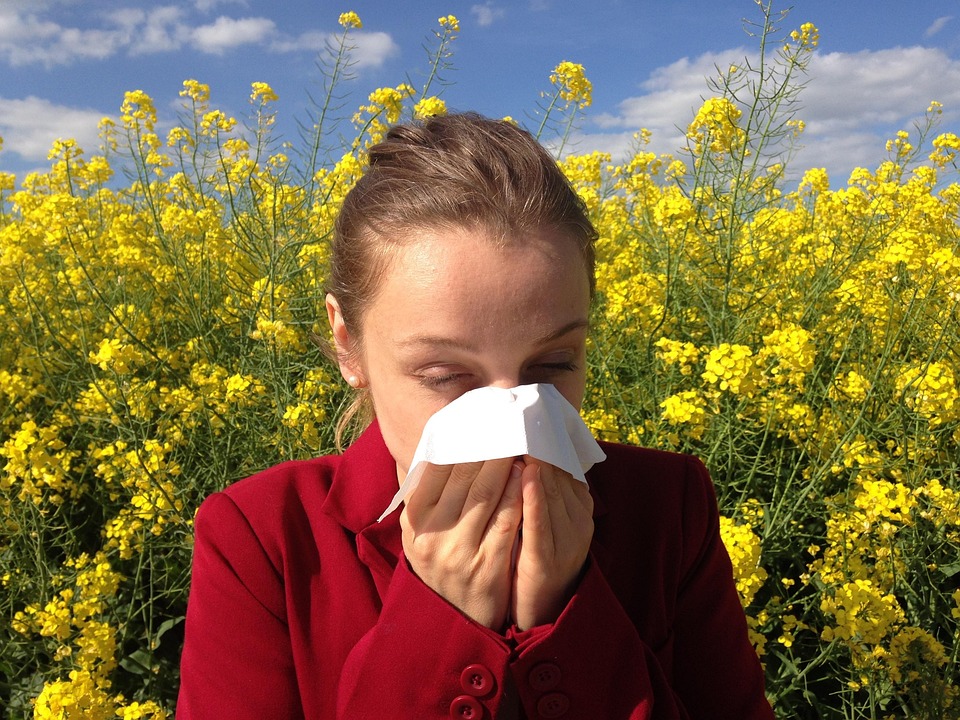What Are The Best allergy Eye Drops For 2023?
Struggling with allergies? You’re not alone. Whether it’s sneezing fits, itchy eyes, or a runny nose, allergies can really mess with your mood and daily life. And when it comes to managing eye symptoms, nothing beats having the right tools. That’s where allergy eye drops come in. With so many options out there, it can be overwhelming to know which ones are the best. But don’t worry—we’ve rounded up the top allergy eye drops that are guaranteed to help you feel your best.
1. Look For These Key Features When Choosing Your allergy Eye Drops
First and foremost, always check the label of any allergy eye drop you’re considering. The active ingredients are your best friend, and there are a few you’ll want to keep an eye on:
- Artificial Tears: These can help with dryness and irritation, especially during allergy season.
- Antihistamines: These are the go-to for sneezing fits and itching. Look for brands like Claritin or EpiPen.
- Antibiotics: If your eye drops contain these, they can help with bacterial infections caused by allergies.
- Decongestants: These can reduce nasal congestion, which often triggers eye irritation.
Tip: If you’re not sure what’s in your current drops, try reading the label or asking a pharmacist.
2. The Right Concentration Matters
Allergy eye drops come in different concentrations, and the right one depends on your specific needs.
- 1% concentration: This is the strongest and works best for severe allergy symptoms like severe itching or watery eyes.
- 0.5% concentration: A gentler option that’s great for people with mild to moderate symptoms.
- 0.2% concentration: For those with very dry eyes or itchy Irritability, this is the way to go.
Tip: Start with a 1% concentration and work your way down if you experience any adverse reactions.
3. Seasonality Is Your Best Friend (And Enemy)
Allergy season is a double-edged sword. While it brings relief from the indoors, it also means more sneezing and itchy eyes. Here’s how to handle it:
- Spring is here, and so are your allergies! Use stronger allergy eye drops during allergy season to keep your eyes comfortable.
- Wait until your eyes feel better before using stronger drops. Overusing them can actually make things worse.
- Avoid using drops close to bedtime to prevent irritation from falling asleep.
4. Here Are The Top allergy Eye Drops To Consider
If you’re looking for the best allergy eye drops, here’s what to look for:
- Claritin: A classic choice for mild to moderate allergies, it’s available in both eye drops and oral tablets.
- EpiPen: Great for severe allergies, but be sure to use them only when instructed.
- Allergy-Eye Drops: These are specifically designed to reduce allergy symptoms and are often more potent.
- Artificial Tears with Antihistamines: A great combination for dry eyes and itchy Irritability.
- Decongestants: If your allergies are causing you trouble with your nose, these can help reduce congestion.
5. When To Avoid Using allergy Eye Drops
While eye drops are a great tool, they’re not a miracle worker. Here’s when you should be careful:
- If you have a bacterial infection: Some eye drops can make things worse.
- If your allergies are severe: Use stronger drops only when necessary.
- If you’re using contact lens: Stay away from eye drops for a few days after wearing them.
Final Thoughts
Allergy season is tough, but with the right eye drops, you can keep your eyes healthy and comfortable. Remember, the key is to start with a gentle concentration and always follow your healthcare provider’s instructions.
Question For You: Have you found a life-changing allergy eye drop? Let us know in the comments below!
